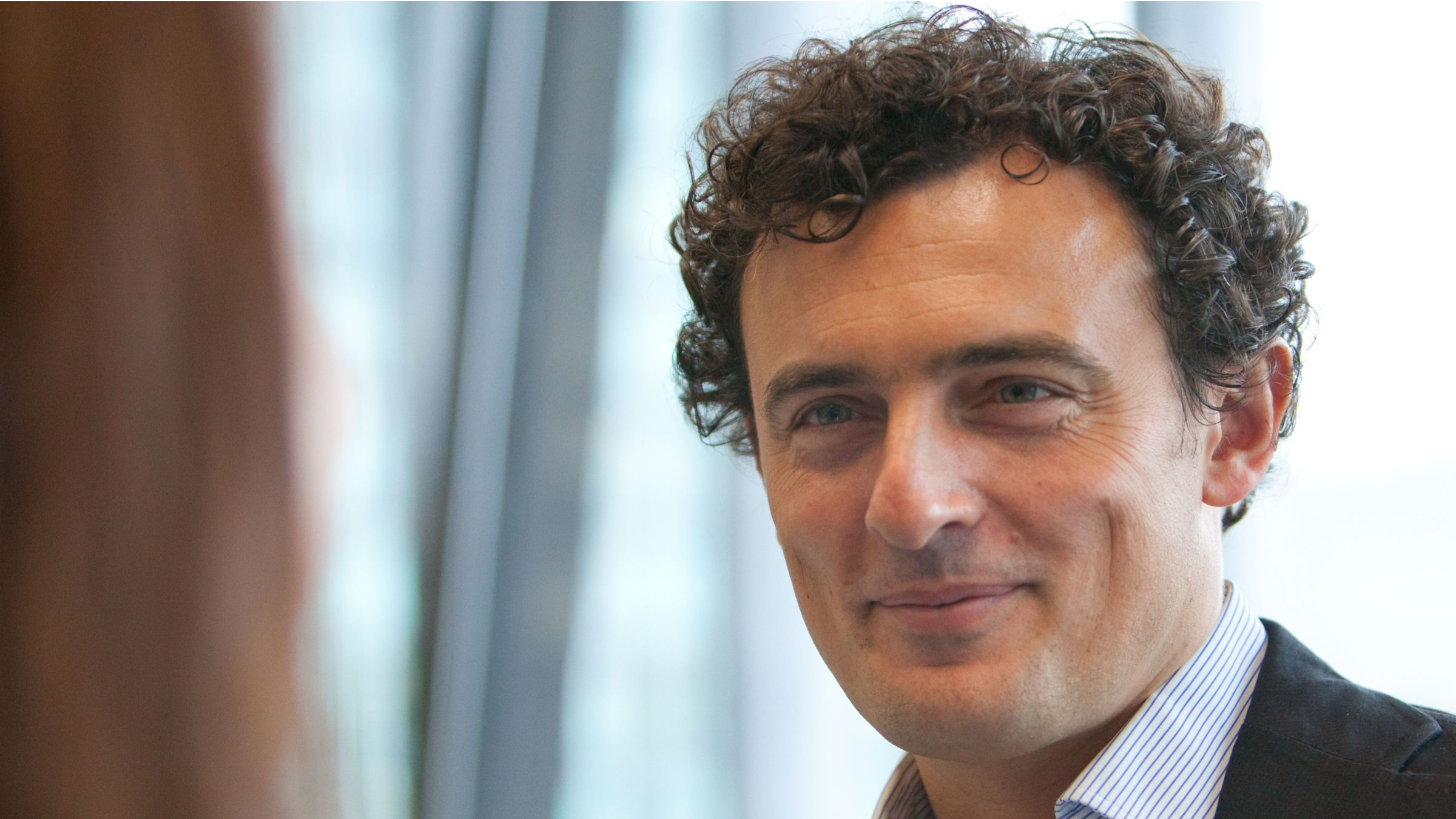
MPM-backed Werewolf, Merck-partnered Artiva make quick IPO flip while Luca Santarelli's biotech raises $127.5M
The jump from crossover rounds to biotech IPO is quicker than ever.
Just weeks after unveiling Series B rounds, MPM-backed Werewolf and Merck-partnered Artiva are spelling out plans to go public on Nasdaq. Both have penciled in the standard goal of raising $100 million.
That figure is fast becoming an unreliable placeholder, as many companies have gone on to raise a lot more. Luca Santarelli’s Swiss rare disease player VectivBio, though, stuck close to the range, bagging $127.5 million from its Nasdaq debut.
Unlock this article instantly by becoming a free subscriber.
You’ll get access to free articles each month, plus you can customize what newsletters get delivered to your inbox each week, including breaking news.